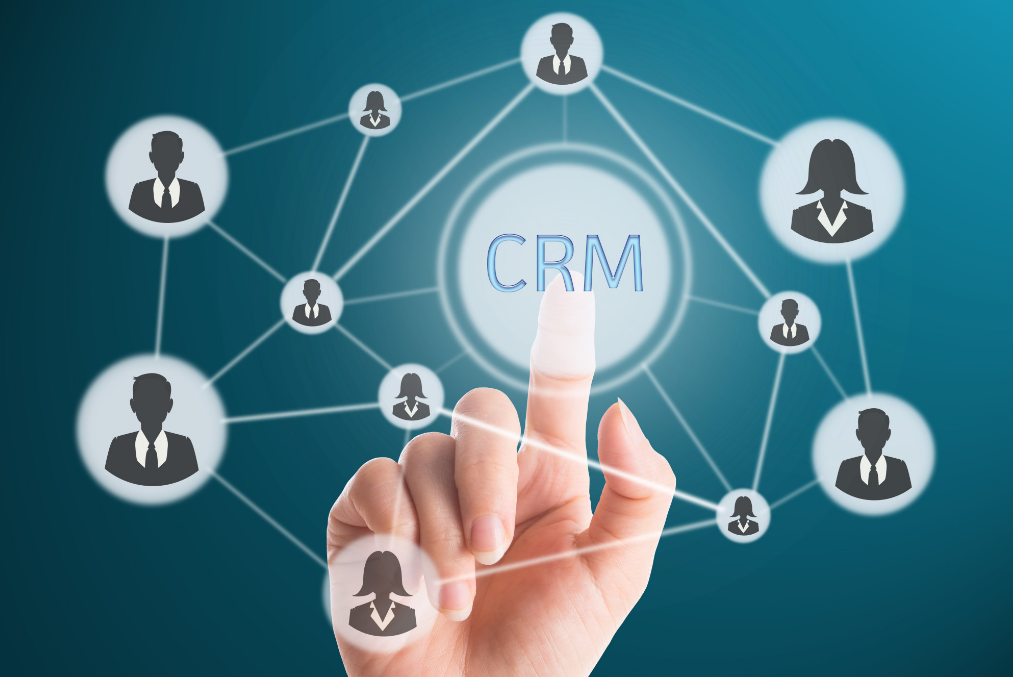Multiple Listing Service (MLS) platforms are essential tools in the real estate industry, providing comprehensive property listings and facilitating transactions between agents, brokers, and buyers. On the other hand, Customer Relationship Management (CRM) systems are vital for managing interactions with clients, tracking leads, and optimizing sales processes.
Integrating MLS platforms with CRM systems can significantly enhance the efficiency of real estate operations. This integration enables real estate professionals to seamlessly manage property listings, track leads, and streamline communications with clients, all within a unified system. This article explores how MLS platforms can integrate with CRM systems, the benefits of such integration, key challenges, and best practices for successful implementation.
Understanding MLS Platforms and CRM Systems
MLS Platforms:
An MLS is a database that contains property listings from various brokers, allowing them to share information about properties available for sale or rent. MLS platforms provide real-time data on property listings, including details such as property location, price, square footage, and amenities.
CRM Systems:
A CRM system is a centralized platform for managing customer data, interactions, and sales processes. It helps real estate agents track client inquiries, manage leads, schedule follow-ups, and generate reports. CRM systems also provide tools for email marketing, task management, and customer segmentation.
Integrating these two platforms can streamline operations, reduce manual data entry, and ensure that client interactions are managed effectively throughout the sales process.

Why Integrate MLS Platforms with CRM Systems?
Centralized Data Management:
Integration consolidates property listings and client data in one system, allowing agents to access all relevant information from a single dashboard. This reduces the need to switch between multiple platforms and minimizes data entry errors.
Improved Lead Management:
Real estate agents can track leads generated through MLS listings, update their status in the CRM, and automate follow-ups. This helps maintain consistent communication with potential buyers and prevents missed opportunities.
Enhanced Marketing Capabilities:
CRM systems can use data from MLS platforms to segment clients based on property preferences, budget, and location. This segmentation enables targeted marketing campaigns, personalized property recommendations, and timely follow-ups.
Automated Notifications:
Integrating MLS with CRM allows agents to set up automated alerts for new listings, price changes, or property status updates. This ensures that agents stay informed and can promptly notify clients of relevant opportunities.
Data Synchronization:
When MLS data is synced with CRM systems, any changes made to property listings are automatically updated in the CRM. This ensures data consistency and accuracy across platforms.
Key Features of MLS-CRM Integration
Property Data Sync:
MLS integration enables real-time syncing of property data, ensuring that the CRM is always up to date with the latest listings, pricing, and property status changes.
Lead Tracking and Management:
When potential buyers express interest in a property listed on the MLS, their information is automatically captured in the CRM as a lead. This allows agents to track each lead’s progress and manage interactions effectively.
Automated Email Campaigns:
CRM systems can use MLS data to create automated email campaigns based on property status, price changes, or open house schedules. Personalized email marketing helps keep clients engaged and informed.
Customizable Dashboards:
Integrated systems provide customizable dashboards that display key metrics, such as the number of new leads, properties viewed, and pending transactions. This allows agents to monitor performance and prioritize tasks effectively.
Analytics and Reporting:
CRM systems can analyze data from MLS platforms to generate reports on sales performance, lead conversion rates, and market trends. This data-driven approach helps agents make more informed decisions.
How to Integrate MLS Platforms with CRM Systems
Select Compatible Systems:
Choose MLS and CRM platforms that support integration. Some CRM systems come with built-in MLS integration, while others may require third-party connectors or APIs.
Define Integration Objectives:
Identify the specific goals of the integration, such as lead tracking, data synchronization, or automated marketing. This ensures that the integration is aligned with business objectives.
Implement Data Mapping:
Data mapping involves aligning MLS data fields (e.g., property type, location, price) with CRM fields. This step ensures that data flows seamlessly between systems without discrepancies.
Set Up Automated Workflows:
Create automated workflows to streamline repetitive tasks. For instance, when a new property is listed, the system can automatically generate a marketing email to potential buyers based on their preferences.
Test and Monitor:
Before fully deploying the integration, conduct testing to identify any data inconsistencies, syncing errors, or performance issues. Regular monitoring is essential to ensure data accuracy and system stability.
Train Staff:
Provide training to real estate agents and staff to familiarize them with the integrated system, highlighting key features such as lead tracking, automated notifications, and reporting capabilities.
Challenges in MLS-CRM Integration
Data Privacy and Security:
Integrating MLS platforms with CRM systems involves the transfer of sensitive client data. Ensuring data security and compliance with data protection regulations is crucial to prevent breaches.
Data Inconsistencies:
If data is not properly mapped, discrepancies can occur during synchronization, leading to incomplete or incorrect property records.
Integration Costs:
Depending on the complexity of the integration, costs can vary significantly. Custom integrations may require substantial investment in software development and ongoing maintenance.
Compatibility Issues:
Not all MLS and CRM systems are compatible. Identifying integration solutions that support both platforms is essential to prevent data loss and operational disruptions.
Staff Resistance:
Adopting new technology can be met with resistance from staff members accustomed to traditional systems. Comprehensive training and ongoing support can mitigate this challenge.
Best Practices for Successful Integration
- Choose Scalable Solutions: Opt for CRM systems that can handle large volumes of data and accommodate future expansion.
- Implement Data Backup: Regularly back up data to prevent loss during the integration process.
- Monitor Performance Metrics: Track key metrics, such as lead conversion rates and property inquiries, to assess the effectiveness of the integration.
- Optimize User Experience: Customize dashboards to display the most relevant information for real estate agents, such as active listings, pending deals, and lead status.
- Solicit Feedback: Collect feedback from agents and staff to identify potential improvements and address system inefficiencies.
Real-World Examples of MLS-CRM Integration
Follow Up Boss:
A CRM system designed specifically for real estate agents, Follow Up Boss integrates with MLS platforms to provide real-time listing updates, lead tracking, and automated follow-ups.
Zoho CRM:
Zoho CRM offers customizable modules for integrating MLS data, enabling agents to manage property listings, schedule viewings, and track client interactions.
BoomTown:
BoomTown combines MLS data with CRM functionality to create targeted marketing campaigns, track leads, and generate sales reports.
Future of MLS-CRM Integration
The future of MLS-CRM integration will likely involve advanced AI and predictive analytics to enhance lead generation and customer targeting. AI algorithms can analyze client preferences, past interactions, and market trends to recommend properties that align with specific buyer criteria.
Additionally, mobile-friendly interfaces and automated chatbots could further streamline client communications, ensuring timely responses to inquiries and improving overall customer satisfaction.
Integration with emerging technologies like virtual reality (VR) and augmented reality (AR) may also allow agents to showcase properties virtually, reducing the need for physical visits and expanding the reach to international buyers.
Conclusion
Integrating MLS platforms with CRM systems offers significant advantages for real estate professionals, from centralized data management and improved lead tracking to enhanced marketing capabilities and automated workflows. However, successful integration requires careful planning, data mapping, and staff training to ensure data accuracy and maximize the benefits of the unified system.
As the real estate industry continues to embrace digital transformation, integrating MLS and CRM systems will become increasingly essential for maintaining a competitive edge, improving operational efficiency, and delivering superior client experiences.













